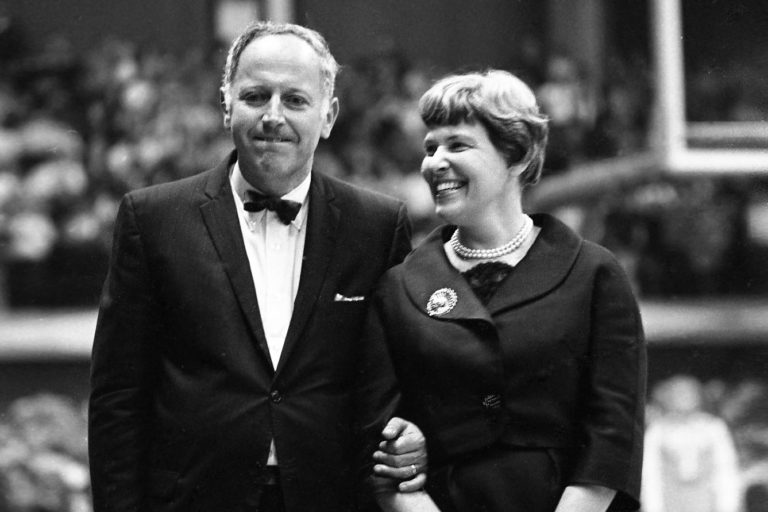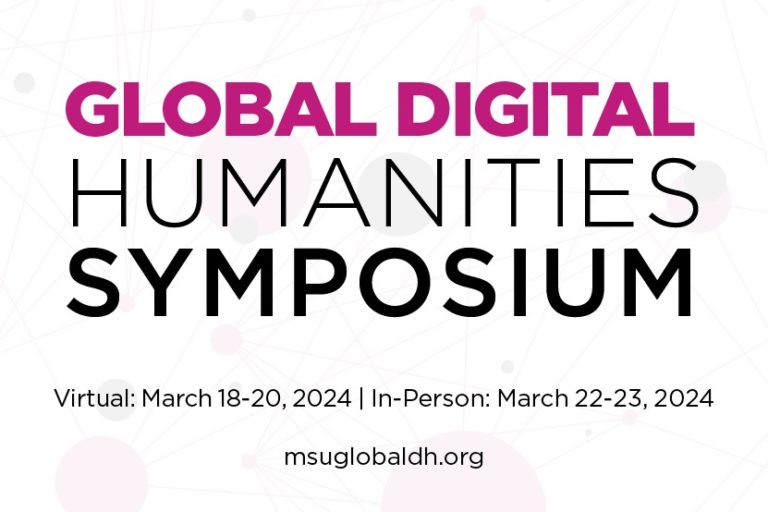The Spring 2022 XA/P2W Day of Professionalization on March 18 provided students a chance to learn about trauma-informed approaches to website and app development, helping to prepare them for future careers in user experience (UX) design.
The event, “Trauma-Informed Research and Design,” was hosted by Melissa Eggleston, Instructor at the University of North Carolina at Chapel Hill. Eggleston is also a Designer and Researcher with the United States Digital Service–an innovative government branch that hires “top technologists into… tours of civic service,” where they work to ensure that all online Federal Government services are accessible and usable. In addition, Eggleston is the founder of Birdcall UX, a B Corporation that “help[s] other purpose-driven organizations attract audiences and improve their digital presence” through both UX education and professional design services.
The informative event began with a virtual presentation that provided a background on trauma, how it is defined, and how it affects people differently based on a variety of factors. Trauma-informed design is especially important in user experience, where researchers and designers must focus on how they can help users have a comfortable and easy experience. Eggleston compared the use of an app or website to a conversation, teaching students that trauma-informed design principles are important to make users feel like they are part of a more personal, human conversation.
Kate Schleusener, a junior Experience Architecture (XA) major who attended the event, said that it was an eye-opening introduction to the topic. “I didn’t realize how important trauma-informed design is in UX, and it was great to [learn] about the impact and better ways of implementing it,” Schleusener said.
Students learned how to apply the “6 Principles of a Trauma-Informed Approach” to UX design, created by the national Substance Abuse and Mental Health Services Administration (SAMHSA) of the federal government. The principles include:
- Engaging in collaboration and mutuality
- Working in a context of trustworthiness and transparency
- Attending to cultural, historical, and gender issues
- Providing peer support
- Privileging safety
- Focusing on empowerment, voice, and choice
Students worked in teams to brainstorm and apply these principles to real apps and websites in interactive breakout rooms.
Ann Desrochers, a senior XA and Psychology major, said that they appreciated the welcoming and engaging virtual space that allowed them to work with “a community of peers” interested in UX design.
Desrochers added that learning about trauma-informed design will benefit their future career in UX: “I consider these principles to be a valuable addition to my intersectional approach to design. Trauma-informed design is another way for me to help build a world that is safer for everyone to navigate, regardless of their experiences.”
Schleusener agreed that the event was helpful in preparing her for a career in UX design: “As UX designers, our goal is to design specifically with the users as the main focus. If there is a way to keep a design from creating harm or having any negative reactions then that is something we need to focus on implementing … I hope to not only implement [trauma-informed principles] in the future but also continue to learn about them.”
The Day of Professionalization was a unique chance for students to hear from an expert about trauma-informed design, preparing them for real-world UX situations and to advocate for and support diverse users. The event ensured that students were prepared to consider both short- and long-term trauma effects in their users. This will help them to think critically and empathetically about UX design and create thoughtful and inclusive products, preparing them for a successful career in UX.

Kara MacKenzie (she/her) is a sophomore at Michigan State University majoring in Professional and Public Writing and Women’s and Gender Studies. She is the website and communications intern for WRAC, where she helps to create and implement engaging content campaigns that draw attention to people in WRAC and the amazing work they are doing. She is especially passionate about the intersections between rhetoric and social justice, and hopes to one day use her writing skills to benefit an organization that works toward positive social change.


